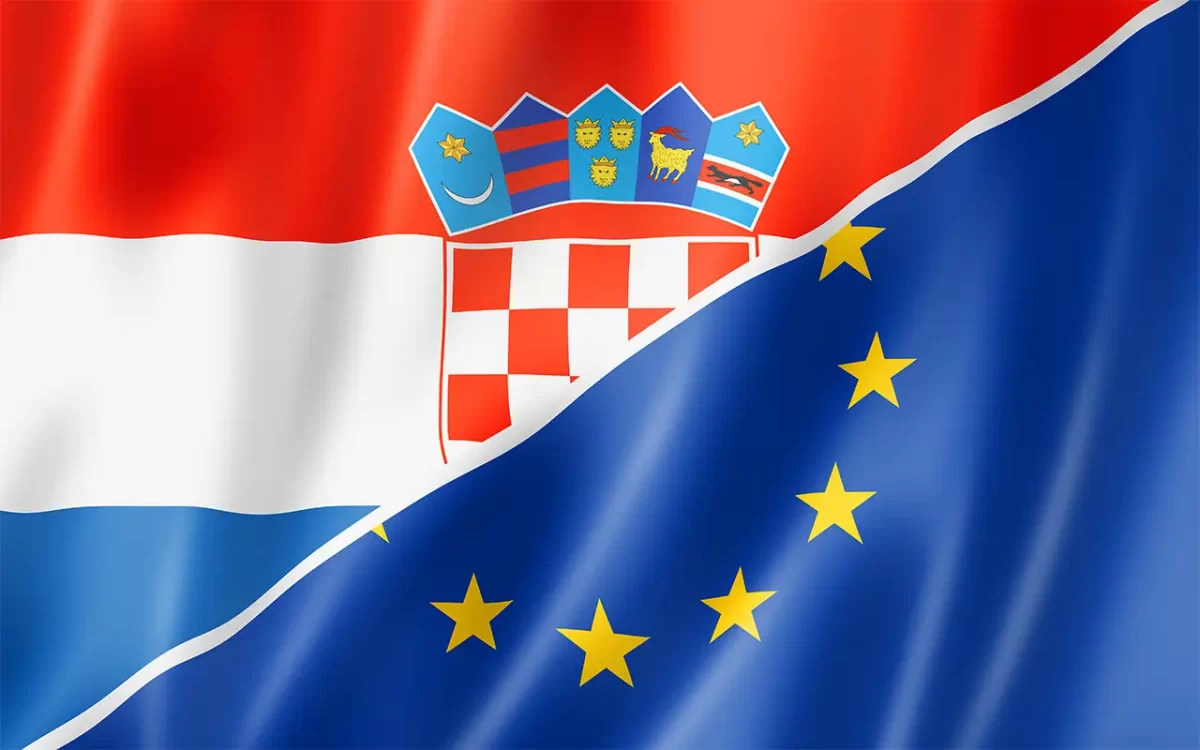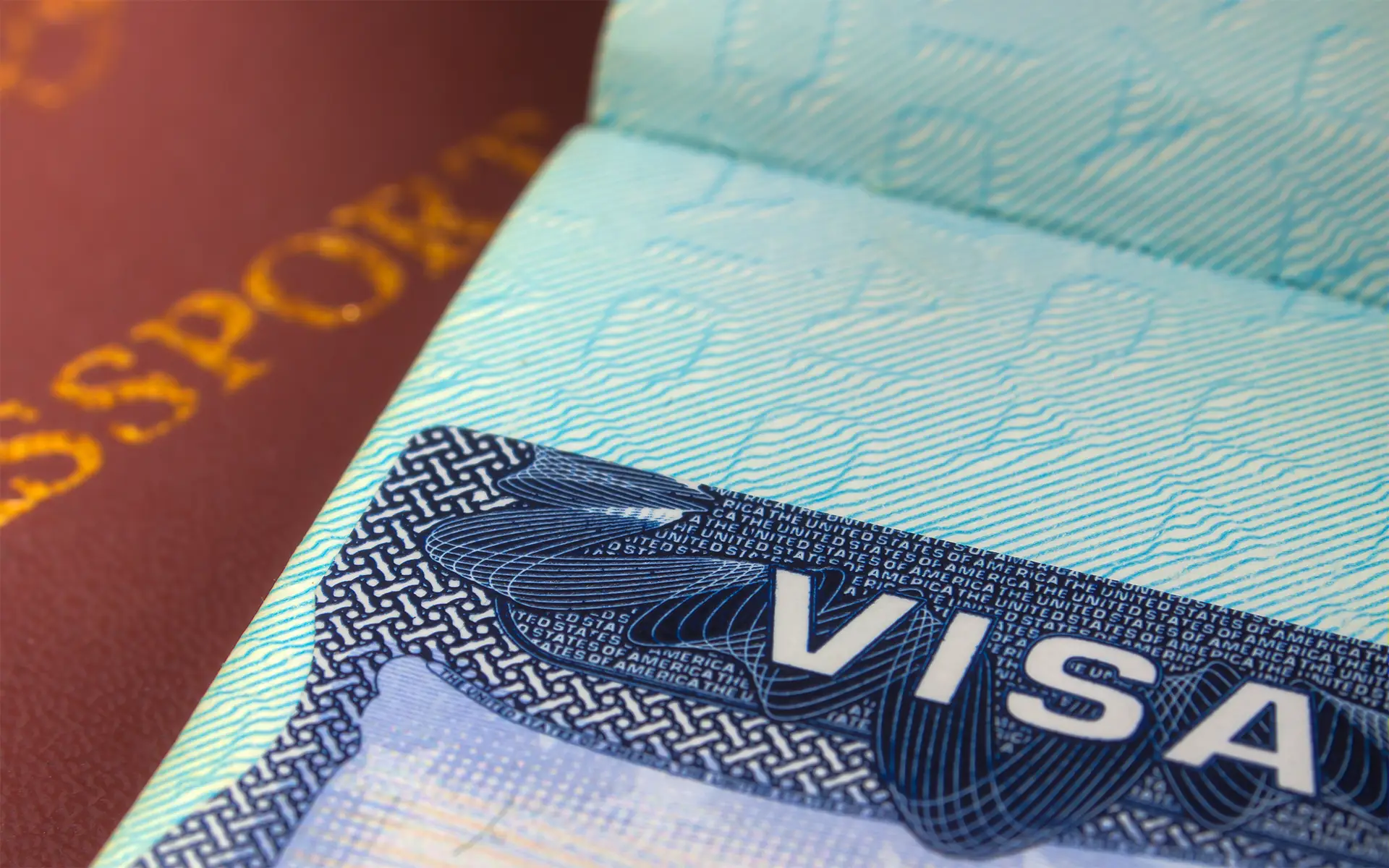
Croatia joins the Schengen area
Today, Croatia joins the Schengen area and the Eurozone. In other words, Croatia starts the New Year with the removal of internal borders between itself and other members of the Schengen area, and with the full adoption of the euro, which will gradually replace the Croatian kuna as the currency of Croatia.
“The euro will bring great economic and social benefits to Croatia’s people and businesses. It will lower barriers for companies, reduce costs for importers and exporters – leading to more choice and better prices for consumers. Together with Schengen membership, adopting the euro will give an extra boost to Croatia’s crucial tourism sector”, said Valdis Dombrovskis, Executive Vice-President of the European Commission for An Economy that Works for People and European Commissioner for Trade. “Joining the euro makes countries stronger, more resilient, competitive and prosperous. This is an important step for Croatia to mark its full European integration, and important for the entire European Union.”
The Croatian National Bank has already supplied commercial banks with euro banknotes and coins, which will be distributed to shops and businesses, and also people.
In fact, Croatian people can exchange kuna banknotes without a time limit and kuna coins until 31 December 2025 at the Croatian National Bank. The exchange will be free of charge in this bank.
Exchanges in the Financial Agency and post offices will be free until 30 June 2023 and up to a limit of 100 kuna banknotes and 100 kuna coins. The Financial Agency and post offices will take kuna cash and deliver euro cash until 30 June 2023, and commercial banks will do it until 31 December 2023.
In line with a consistent record of exchange-rate stability, the Croatian kuna will be exchanged at a conversion rate of 1 euro for 7.53450 Croatian kuna.
Parallelly, 70% of automatic teller machines (ATMs) in Croatia will be delivering euro cash from 1 January 2023. Commercial banks will publish online information on which ATMs deliver euro cash to facilitate the process.
Croatia’s adoption of the euro was supported by the European Commission’s 2022 Convergence Report, the European Central Bank’s own Convergence Report, and EU Finance Ministers who took the formal decision to allow this.
As for Croatia’s full participation in the Schengen area, the Council took the unanimous decision to include Croatia in the Schengen area on 8 December 2022. Croatia went through the Schengen evaluation process from 2016 to 2020. Already in October 2019, the European Commission had recognized that Croatia met all the requirements to join the Schengen area. The Council confirmed this in December 2021, but it lacked the unanimous decision required to allow the full addition of Croatia as the newest member of the Schengen zone, even though Croatia technically complied with all the Schengen rules and implemented all the required actions in the external border management area.
“Croatia has done what it takes to join Schengen and I am glad these efforts have now been recognized. Croatia will join the largest area of borderless travel in the world. Croatians will enter the New Year being able to enjoy to the full the possibility to travel within the Schengen area with no internal border checks, as 420 million Europeans already do”, said Vice President of the European Commission Margaritis Schinas.
“Each new Member of Schengen makes the European Union stronger. I am proud of the work the Commission and Croatia have done together so that Croatians can benefit from this historic step forward”, added Commissioner for Home Affairs Ylva Johansson. “In that respect, I remain personally committed to both Romania and Bulgaria becoming members in the near future.”




































































































